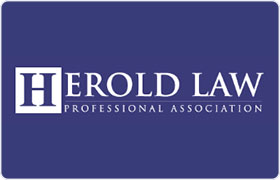 Whitehouse Station Estate Lawyers, New Jersey
Whitehouse Station Estate Lawyers, New Jersey
Sponsored Law Firm
-
 x
x

Click For More Info:
-
Herold Law, P.A.
25 Independence Boulevard Warren, New Jersey 07059-6747» view mapEstate, Wills & Probate, Power Of Attorney, Trusts Committed To Excellence
Herold Law, P.A. is committed to reaching the most efficient and effective resolutions possible for their clients.
800-845-9621
Warning! No lawyers found in this specified area.
Lawyers
1-0 of 0 matches



 Craig Provorny Warren, NJ
Craig Provorny Warren, NJ AboutHerold Law, P.A.
AboutHerold Law, P.A. Practice AreasExpertise
Practice AreasExpertise